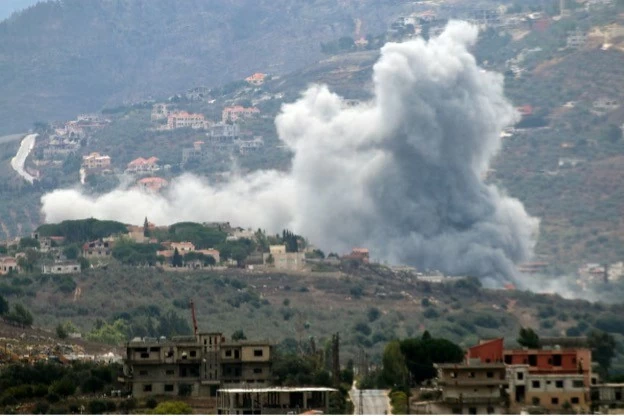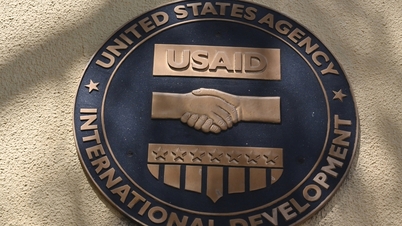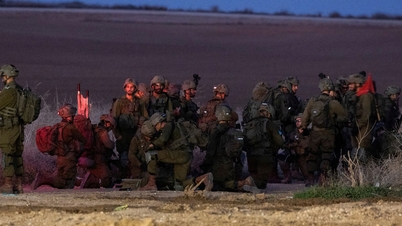On September 21, the US State Department warned that clashes between Hezbollah and Israel had killed hundreds of people in Lebanon and dozens on the Israeli side, and urged citizens to leave Lebanon while commercial flights were still operating.
 |
| Smoke rises from the village of Kfar Kila in southern Lebanon, amid ongoing cross-border fighting between Hezbollah forces and the Israeli army, September 20. (Source: Reuters) |
In a statement on September 21, the US State Department said: "Due to the unpredictable developments of the ongoing conflict between Hezbollah and the Israeli military as well as recent explosions throughout Lebanon, including the capital Beirut, the US Embassy urges citizens to depart Lebanon as soon as commercial flights are still available."
The statement stressed that US citizens should “immediately” leave southern Lebanon, as well as areas near the Syrian border and refugee settlements.
In late July 2024, the US raised its travel advisory for Lebanon to Level 4 - the highest level - "Do Not Travel ", after an Israeli airstrike south of Beirut killed a senior Hezbollah commander.
On September 20, Israel announced that it had carried out an airstrike in southern Beirut, killing a commander and several other senior figures of Hezbollah in Lebanon. Hezbollah confirmed that commander Ibrahim Aqil - head of the Radwan force and deputy commander of this armed force, was killed in this airstrike.
Previously, on September 17 and 18, a series of pagers and walkie-talkies exploded in many places in Lebanon, killing at least 37 people and injuring about 3,000, including the Iranian Ambassador to Lebanon.
In recent days, Israel has expanded its military operations with the focus of the conflict shifting from the Gaza Strip to northern Israel.
Lebanon's Hezbollah movement and Israeli forces have clashed almost daily for more than 11 months amid the conflict in the Gaza Strip. The clashes have killed hundreds in Lebanon and dozens in Israel, and displaced tens of thousands on both sides of the border.
Regarding the conflict situation in the Middle East, on the same day, September 21, the German Foreign Ministry emphasized the need for measures to ease tensions in the region in the context of the Hamas-Israel conflict in Gaza threatening to spread to Lebanon.
In a statement on social network X, the German Foreign Ministry stated: "We urgently need concrete measures in the Middle East to defuse the situation and avoid more civilian victims."
The statement added that Foreign Minister Annalena Baerbock had contacted her Israeli and Lebanese counterparts to discuss next steps.
Meanwhile, German government spokesman Steffen Hebestreit said the country was "extremely concerned" about the recent escalation in the Middle East and "a diplomatic solution to the conflict must be possible".
Chancellor Olaf Scholz's office warned that a full-scale conflict would "have terrible and long-lasting consequences for people across the region", leading to "catastrophic" devastation.
Source: https://baoquocte.vn/my-keu-goi-cong-dan-ngay-lap-tuc-roi-khoi-lebanon-duc-canh-bao-hau-qua-tham-khoc-287237.html





![[Photo] Prime Minister Pham Minh Chinh and Prime Minister of the Kingdom of Thailand Paetongtarn Shinawatra attend the Vietnam-Thailand Business Forum 2025](https://vphoto.vietnam.vn/thumb/1200x675/vietnam/resource/IMAGE/2025/5/16/1cdfce54d25c48a68ae6fb9204f2171a)




























![[Photo] President Luong Cuong receives Prime Minister of the Kingdom of Thailand Paetongtarn Shinawatra](https://vphoto.vietnam.vn/thumb/1200x675/vietnam/resource/IMAGE/2025/5/16/52c73b27198a4e12bd6a903d1c218846)





























































Comment (0)